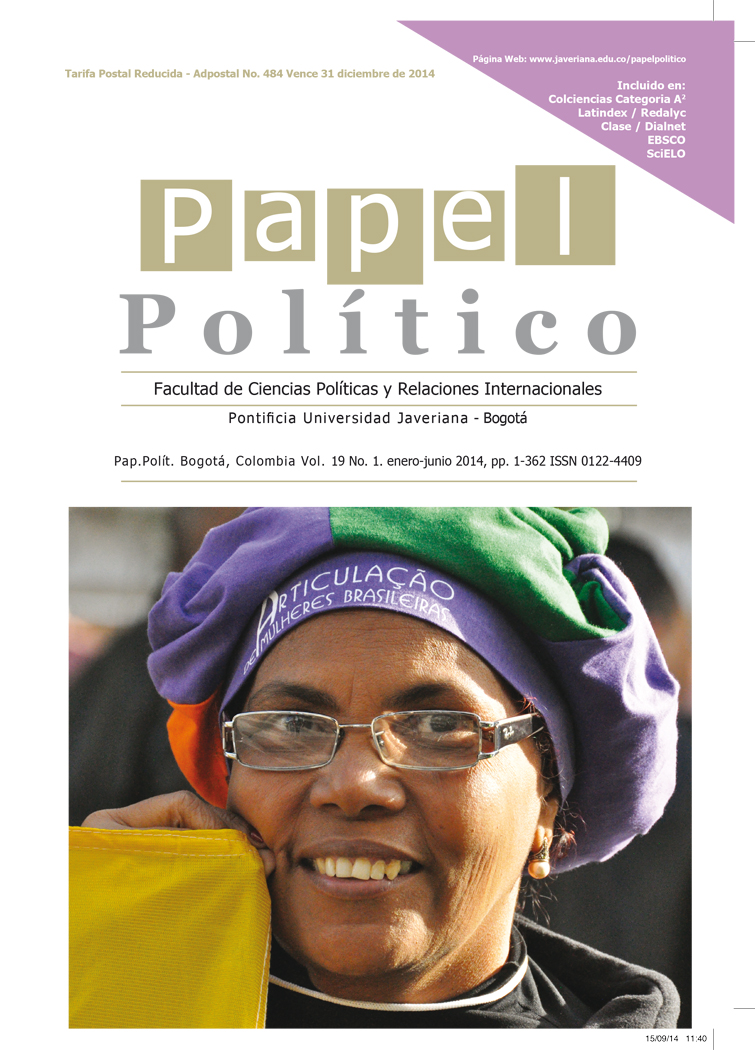Abstract
This paper examines the role of Germany as a keyplayer in the regional cooperation framework forthe implementation of the Justice and Peace Lawand, in general, on the peace process in Colombia.Therefore, it starts with the description ofthe guiding principles of German foreign policy.Also, an outline of the main cooperation programsthat have been created and implementedin Colombia from transition experiences of Naziand Communist dictatorships towards peace anddemocracy is made. Finally, it concludes that Germany, according to its foreign policy, encouragesa negotiated solution to the armed conflictand in that sense has been consolidating cooperationprojects and support for Colombia, whichhave become transcendental tools not only forthe implementation of the Justice and PeaceLaw, but also to build a lasting peace scenario.This journal is registered under a Creative Commons Attribution 4.0 International Public License. Thus, this work may be reproduced, distributed, and publicly shared in digital format, as long as the names of the authors and Pontificia Universidad Javeriana are acknowledged. Others are allowed to quote, adapt, transform, auto-archive, republish, and create based on this material, for any purpose (even commercial ones), provided the authorship is duly acknowledged, a link to the original work is provided, and it is specified if changes have been made. Pontificia Universidad Javeriana does not hold the rights of published works and the authors are solely responsible for the contents of their works; they keep the moral, intellectual, privacy, and publicity rights.
Approving the intervention of the work (review, copy-editing, translation, layout) and the following outreach, are granted through an use license and not through an assignment of rights. This means the journal and Pontificia Universidad Javeriana cannot be held responsible for any ethical malpractice by the authors. As a consequence of the protection granted by the use license, the journal is not required to publish recantations or modify information already published, unless the errata stems from the editorial management process. Publishing contents in this journal does not generate royalties for contributors.


